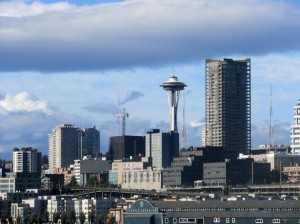 Does Seattle allow rainwater collected from the roof to be used for drinking water?
Does Seattle allow rainwater collected from the roof to be used for drinking water?
You can have a potable rainwater collection system designed by an engineer, licensed in the state of Washington with experience in RWC, or an ARCSA (American Rainwater Catchment Systems Association) accredited professional. Knowledge and experience are required for potable design in King County. A properly designed filtration and disinfection system can provide quality drinking water. It is the designer and installer’s responsibility to ensure that an adequate system is in place and correctly installed.
After system install has been completed, it is up to the owner or operator to maintain the system to protect users from possible contaminants. Sampling and testing are essential to ensure the system is performing as designed. It is recommended that filtered, disinfected rainwater should be tested annually.
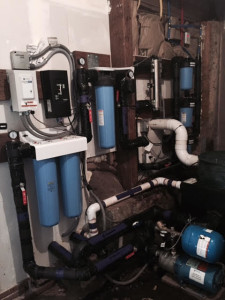 A typical filtration/ disinfection system consists of a sediment filter, activated carbon, and ultra violet light and is adequate for achieving potable standards. Adding a 1-micron absolute sediment filter before the UV adds a higher level of endurance of cyst removal. Other possible contaminants can be identified by testing “raw water” before the filtration train and then can be removed by additional filtration. The last device should be an ultra violet light, which must carry a “class A” rating.
A typical filtration/ disinfection system consists of a sediment filter, activated carbon, and ultra violet light and is adequate for achieving potable standards. Adding a 1-micron absolute sediment filter before the UV adds a higher level of endurance of cyst removal. Other possible contaminants can be identified by testing “raw water” before the filtration train and then can be removed by additional filtration. The last device should be an ultra violet light, which must carry a “class A” rating.
Quality drinking water is possible with rainwater collection and is legal in many counties in Washington State, including Seattle. Many are finding the alternative appealing to municipal water supplies, while also helping to reduce stormwater runoff. Seattle Public Health encourages the practice of rainwater collection, as does Washington State Department of Ecology.

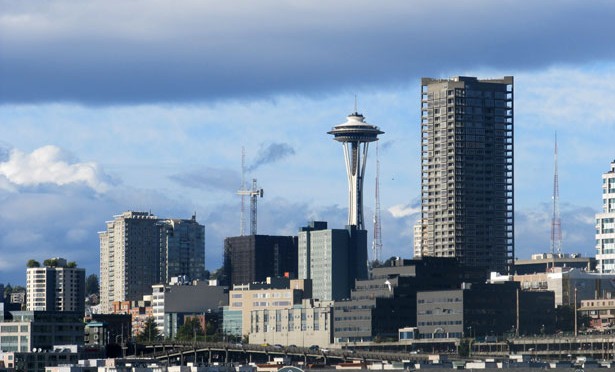

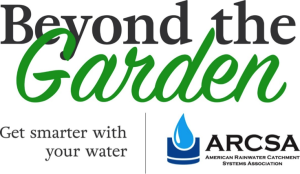
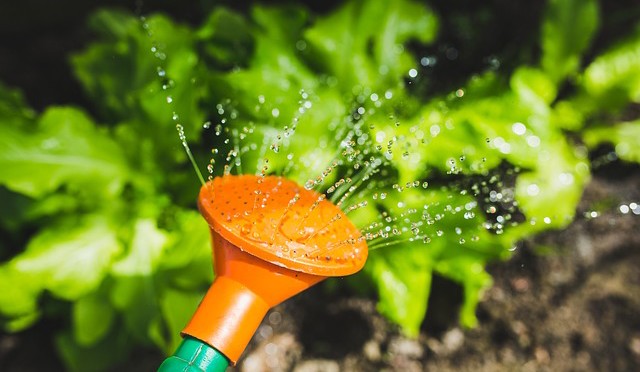
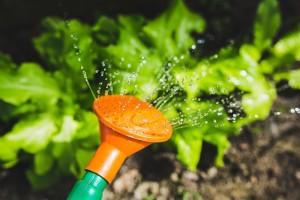 As reported in the
As reported in the